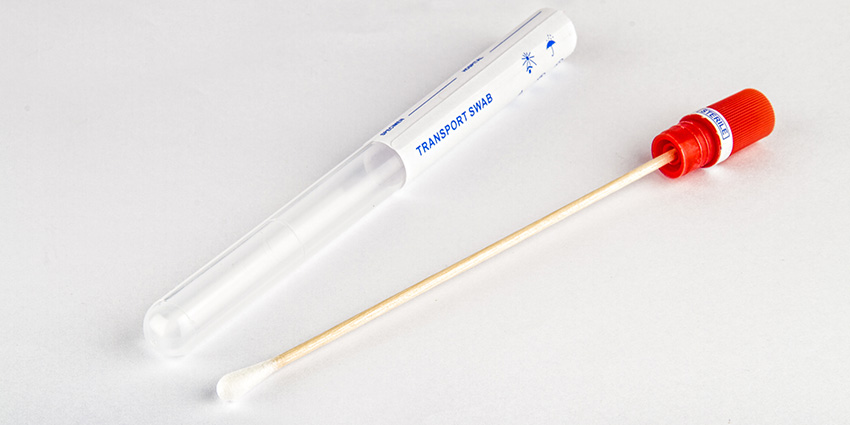There are many physical changes that your body makes as early as the first trimester to adapt to the hormones of pregnancy and the growing baby.
Some of these changes affect the heart and circulatory system. If you had high blood pressure before you were pregnant your provider will be sure to keep a closer eye on your pressures during pregnancy. This type of hypertension is called “chronic hypertension” and you will need additional labs at different intervals during the pregnancy, possibly more ultrasounds to monitor your baby’s growth, and you might even be referred to a perinatal specialist. Your provider will probably change your blood pressure medication.
Having chronic hypertension places you at risk for another type of high blood pressure that we see during pregnancy called “pre-eclampsia”. This pregnancy related high blood pressure is associated with other symptoms and changes in labs which your provider will be watching for especially as your pregnancy advances past the first 20 weeks. The hallmark signs of this disorder are severe headaches or those not relieved by rest, hydration and Tylenol, a significant increase in swelling, blurred vision, and/or pain in your upper abdomen. Because some degree of these symptoms can be normal during pregnancy, your provider will sometimes use labs to help know if you are developing pre-eclampsia. This is one of the reasons why regular prenatal care is so very important. It is at these visits that your blood pressure is checked along with other valuable screening measures.
There is one more type of high blood pressure that occurs during pregnancy called “gestational hypertension” and most often completely resolves within 4-6 weeks after the baby is born. This form of hypertension occurs after 20 weeks gestation and does not have the laboratory changes associated with pre-eclampsia or the other symptoms like increased swelling, headaches, visual changes or abdominal pain.
Your physician, midwife or nurse practitioner knows how to manage these common forms of hypertension in pregnancy and will sometimes increase the number of times you come into the office in order to monitor your symptoms. The most important thing you can do for yourself and your baby is to make sure to keep all of your prenatal appointments. They are scheduled at certain intervals during the pregnancy to pick up the changes that might need follow-up.
Related Posts








